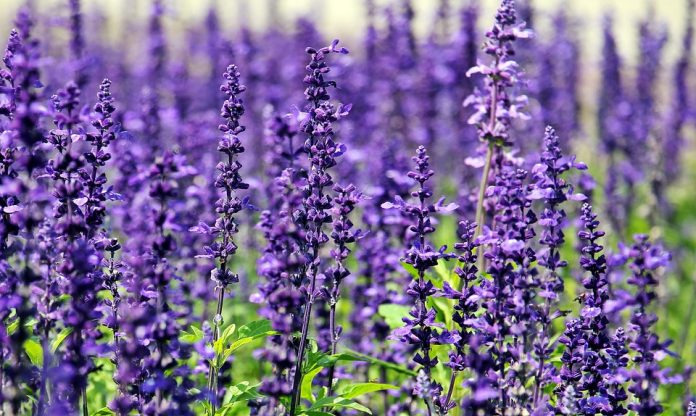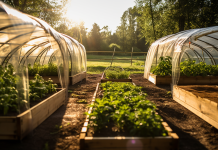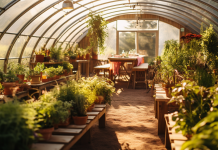Herb gardening is not only a delightful hobby but also a practical way to add fresh flavors to your meals. Whether you have a large backyard or a small balcony, growing your own herbs can be a rewarding experience. To help you master the art of herb gardening, we have gathered some tips that will ensure your herb garden thrives.
Choose the Right Location
Most herbs thrive in full sun, so it's crucial to select a location that receives at least six hours of direct sunlight daily. If you have limited space, consider using pots or window boxes that can be easily moved to catch the sun's rays.
Start with Healthy Plants or Seeds
When starting your herb garden, it's essential to begin with healthy plants or seeds. Look for herb seedlings that have sturdy stems and vibrant leaves. If you prefer starting from seeds, ensure they are fresh and from a reputable source.
Provide Well-Draining Soil
Herbs prefer well-draining soil to prevent root rot. You can improve the drainage of your soil by adding organic matter such as compost or perlite. This will ensure the roots have enough oxygen and prevent waterlogged conditions.
Water Regularly, but Don't Overdo It
Herbs generally prefer slightly moist soil, so it's important to water them regularly. However, be cautious not to overwater, as this can lead to root rot. Check the soil moisture by sticking your finger about an inch deep into the soil. If it feels dry, it's time to water.
Mulch to Conserve Moisture
Applying a layer of organic mulch, such as wood chips or straw, around your herbs can help conserve moisture in the soil. Mulching also helps suppress weed growth, keeping your herb garden tidy and reducing competition for nutrients.
Prune Regularly
Pruning your herbs not only encourages bushier growth but also prevents them from becoming leggy and unmanageable. Regularly harvest the leaves or stems, starting from the top, to promote new growth. This will ensure a continuous supply of fresh herbs throughout the growing season.
Fertilize Wisely
While herbs generally don't require heavy fertilization, a light feeding every four to six weeks can help promote healthy growth. Use a balanced organic fertilizer or compost tea to provide the necessary nutrients without overwhelming the plants.
Companion Planting
Take advantage of companion planting to naturally deter pests and promote growth. For example, planting basil near tomatoes can help repel insects that commonly affect tomato plants. Research companion planting combinations to maximize the benefits for your herb garden.
Harvest at the Right Time
To get the best flavor from your herbs, it's crucial to harvest them at the right time. Most herbs are at their peak flavor just before they bloom. Harvest in the morning when the essential oils are at their highest concentration, and the leaves are still crisp.
Preserve and Enjoy
Don't let your hard work go to waste! Preserve excess herbs by drying, freezing, or making herb-infused oils and vinegars. These preserved herbs can be used throughout the year, even when your garden is dormant.
By following these tips, you will be on your way to delve into the art of herb gardening. Enjoy the flavors, aromas, and satisfaction that come with growing your own herbs. Happy gardening!
Please see our supporting article:
Fresh Herbs in Jars



